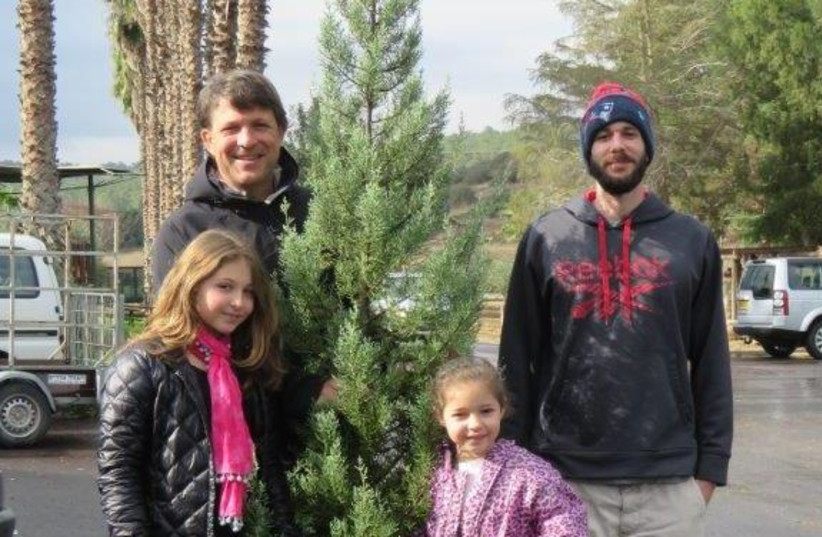Two years have passed since COVID erupted into our lives and upended everything that we took for granted.
Our life was more or less stable. Our loved ones were safe. Our freedom to travel was granted. And suddenly we experienced the pandemic and an unexpected change in our life.
COVID-19, in its successive waves changed our lives again and again, in every aspect – in the personal sense, inside the families and the religious communities, in the workplace, in Israel and the Palestinian Authority and all around the world.
Life is no longer as we knew it on the eve of the pandemic. COVID has brought a new agenda into our lives, a different economy, a different state of mind, a different way of celebrating the religious feasts and liturgies.
Even the custom of the families has changed. Children have become more disconnected from the environment, from their friends and from family members, forced to follow their lessons online, without the educational resource of personal relationship. And the elderly, the golden-agers, are forced to protect themselves staying at home, separated from the rest of their family, especially from the young generation. Even the hug has become rare and in many cases forbidden.

During this period, we have also experienced a climate crisis that requires us less presumption and more humility. The world is experiencing changes such as it has never experienced. Waste of natural resources and pollution, extreme weather events, fires, droughts and floods, destruction of the natural landscape and continuous overbuilding. The stability that was part of our lives has been undermined and we’re experiencing now a new form of social anxiety and anguish.
In this context and because of this situation, what we need most of all today is hope: hope that things will change, hope that our life will be better, hope that our heart and mind will be renewed, hope that members of our families and communities will be able to have normal relationships again.
At the beginning of December, the Jewish people celebrated the eight days of Hanukkah, and on the 25th for Christians it is Christmas. Both the feasts are celebrated locally and all around the world. Both these two holidays use the symbol of light to express a deep meaning.
Light is life as the creation teaches us. Light is truth because when a light is shining we can recognize everything and each other. Light is love, because from there comes the warmth that warms us as in family, friend and fraternal relationships. All of us always need this kind of light, which is hope, but particularly in this difficult time. And we need to share this same light of hope, not beyond our religious faith, but because of our religious faith, that moves us to welcome each other in a spirit of fraternity.
We need to generate hope and to transmit hope to every person from children to elderly, to people of every nation, language and religion. Hope that tomorrow will be better. Strongly believing that we will be able to breathe and share the same hope that we experience when family and friends gather around the light of the hanukkiah or the Christmas tree. It reminds us all that we have always known how to overcome obstacles and hard times because even a small light is stronger than the deepest darkness.
May leaders here and all around the world put aside cynicism and disagreements. May they assume their responsibility toward future generations. Responsibility for hope. May every one of us take our own responsibility for life, hope, truth and love.
The writer is guardian of the holy places of Christianity in the Holy Land on behalf of the Vatican.
